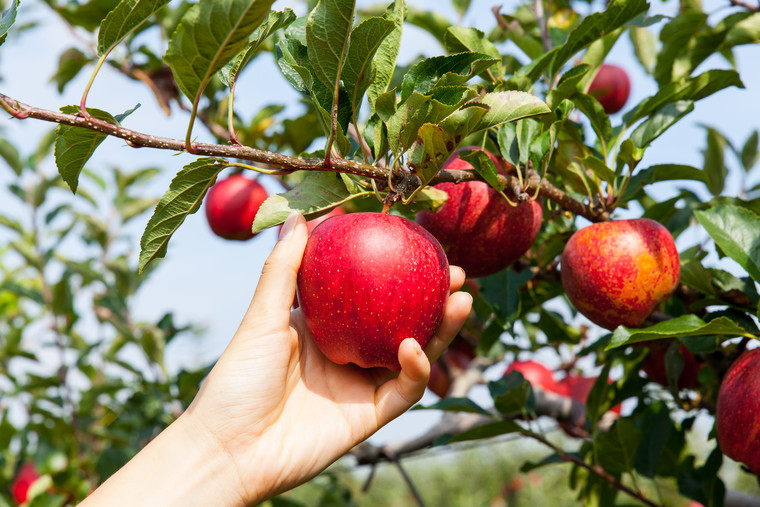The NFU has demanded “immediate clarity on how fruit, veg and flower businesses will be able to recruit seasonal workers next year” and has referenced an industry-wide survey showing that despite the widely publicised Pick for Britain campaign, UK residents made up only 11% of this year’s workforce.
NFU Vice President Tom Bradshaw said: “We are at a critical time in recruitment for many growers. As freedom of movement ends on December 31, those growers of iconic British daffodils, asparagus and soft fruits still don’t know where they will recruit experienced workers from.”
While this summer’s seasonal worker pilot scheme allowed 10,000 overseas workers to be recruited to help pick this year’s harvest, the UK is generally thought to need 80,000 to get the job done each year.
And while the Government is keen to see unemployed Brits – particularly those whose jobs were lost as a result of the Covid-19 pandemic – switch to fruit, flower and vegetable picking, growers just don’t see that as an option.
Alastair Brooks, of Langdon Manor Farm, Faversham, grows 1,450 tonnes of strawberries and raspberries a year for the domestic market and is convinced the idea is a non-starter.
“We just wouldn’t get a UK workforce of significant numbers or the right quality to harvest UK horticultural produce,” he agreed.
Alastair said he tried hard to recruit UK labour this summer when there was doubt about whether EU workers would be able to travel, and at the height of the Pick for Britain campaign.
Despite his efforts he only managed to recruit about 10% of his workforce locally, and very few of those stayed the course. “We recruited 30 and ended up with two,” he recalled.
“The problem is that British workers don’t like working outside. It’s something they’ve not done for a long time – it was back in the 80s when I last had a totally UK workforce. They think fruit picking will be fun – and it is – but it’s also quite hard and people find it difficult.”
Another South East grower who agrees that the domestic workforce is not the answer to the seasonal workforce issue is Tom Hulme, of A C Hulme & Sons.
Tom has had a handful of real successful stories this year, with three young English people now playing an important role in his expanding fruit business at Hoaden Court Farm, Ash, but he sees those as exceptions to the rule.
“We took on 15 students in July this year in a positive effort to try to find a UK-centric solution to our labour issues,” he recalled. “After online interviews with 150, we had applications from 100, interviewed 50 and found our 15. By September, just three had stayed the course.
“The Covid-19 pandemic made people think about where they buy their food, and in that sense it gave UK growers a boost, but the idea that those who lost their jobs would replace foreign workers in our fields, orchards and packhouses is a non-starter. That has been the wide experience this year of UK growers who have attempted to make use of Brits who were seeking work but wouldn’t normally have considered horticulture as a job.”
Alastair Brooks believes the situation is critical. “The biggest threat to UK horticulture in decades is the loss of free movement of workers. The Home Office believes we can recruit internally but the whole industry knows we can’t.
“I don’t know where it will end, other than badly. Starving the industry of affordable labour is a recipe for disaster. What’s more, the few thousand foreign workers who come here – and do a cracking job – support hundreds of thousands of UK workers in the supply chain, which makes restricting the number very short sighted.”
Tom Bradshaw explained: “The frustrating thing is that this situation is easily solved with the implementation of a seasonal worker scheme, building upon the pilot scheme that has already operated successfully for the past two seasons.
“If this is not in place by the beginning of the year, we would be the only developed country in the world without such a scheme. It would seem remarkable for the Government to take such a gamble when it will hit UK businesses at a time when economic recovery is paramount.”




